House martin and nightingale numbers falling
RSPB and BTO surveys reveal that migratory birds like house martin and nightingale numbers are struggling
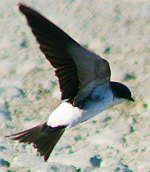

The RSPB's summer wildlife survey Make Your Nature Count have revealed that house martin numbers are dropping, with less than 5% of houses having nests, down from 7% in 2005.
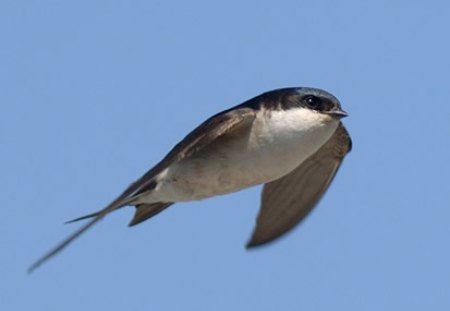
The decrease could be due to cold north winds in late May, delaying the arrival of summer migrant birds from Africa.
House martins also rely on buildings for nesting places, so the RSPB is urging people to take care when doing home improvements or renovations during the breeding season.
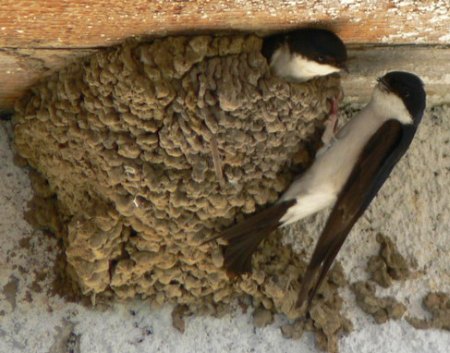
Richard Bashford, the survey's manager, said: ‘We knew that summer migrants have been arriving late this year, so we were expecting numbers to be slightly low, but early indications show that they're lower than we thought.
‘House martins are incredible birds and you're extremely lucky if you do have them on your house. I would urge everyone to take part in the survey.'
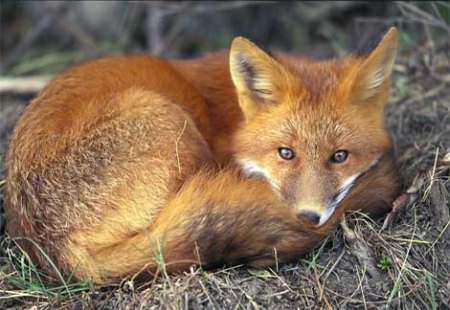
Make Your Nature Count is a survey of Britain's wildlife, including birds and animals such as badgers, foxes, moles and deer. For more information, visit www.rspb.org.uk/naturecount
Nightingales are also having a bad year, according to the latest Nightingale Survey, which suggests that we have lost 40% of these summer migrant visitors since 1999.
Sign up for the Country Life Newsletter
Exquisite houses, the beauty of Nature, and how to get the most from your life, straight to your inbox.
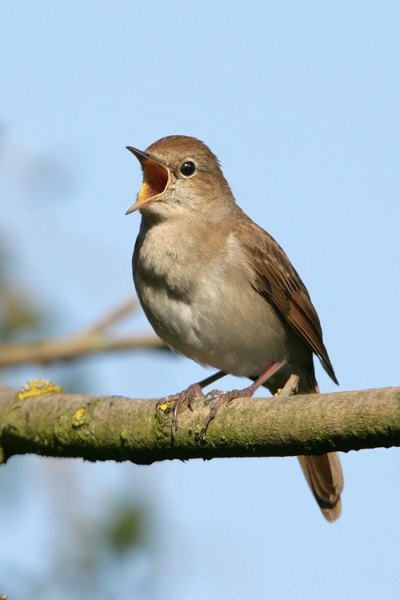
Chris Holt of the BTO, who has been tracking nightingales, suggest that the nightingale population is linked to deer management.
Mr Holt said: ‘My study provides compelling evidence that increasing deer pressure can have a major effect on nightingale populations, and potentially those of other woodland species, too.
‘When added to the other pressures being faced by migratory birds that winter in Africa, it's not surprising that population levels are falling rapidly.'
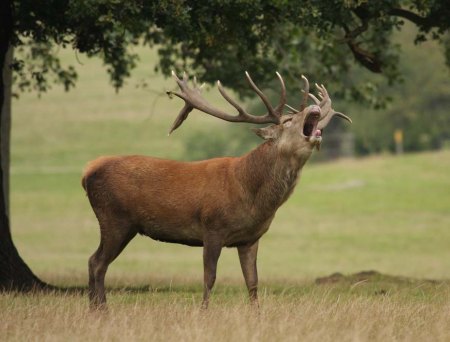
To comment on this article, use the comment box below, or email us at clonews@ipcmedia.com. Read more about the countryside
For more news stories like this every week subscribe and save
Follow Country Life on Twitter
Country Life is unlike any other magazine: the only glossy weekly on the newsstand and the only magazine that has been guest-edited by HRH The King not once, but twice. It is a celebration of modern rural life and all its diverse joys and pleasures — that was first published in Queen Victoria's Diamond Jubilee year. Our eclectic mixture of witty and informative content — from the most up-to-date property news and commentary and a coveted glimpse inside some of the UK's best houses and gardens, to gardening, the arts and interior design, written by experts in their field — still cannot be found in print or online, anywhere else.
-
 380 acres and 90 bedrooms on the £25m private island being sold by one of Britain's top music producers
380 acres and 90 bedrooms on the £25m private island being sold by one of Britain's top music producersStormzy, Rihanna and the Rolling Stones are just a part of the story at Osea Island, a dot on the map in the seas off Essex.
By Lotte Brundle
-
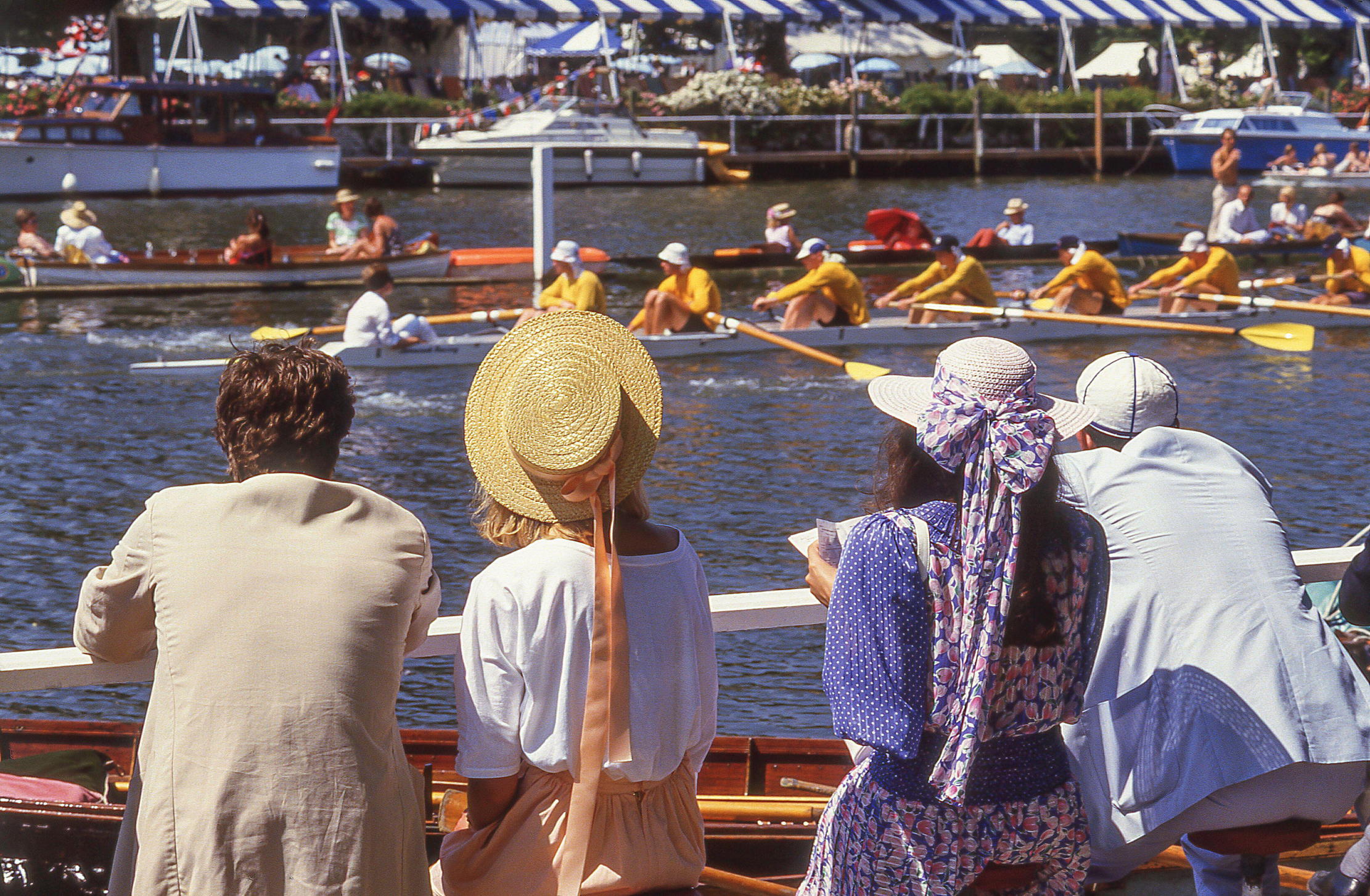 'A delicious chance to step back in time and bask in the best of Britain': An insider's guide to The Season
'A delicious chance to step back in time and bask in the best of Britain': An insider's guide to The SeasonHere's how to navigate this summer's top events in style, from those who know best.
By Madeleine Silver